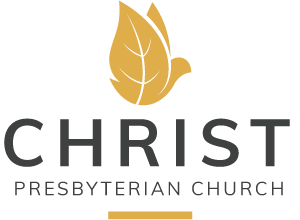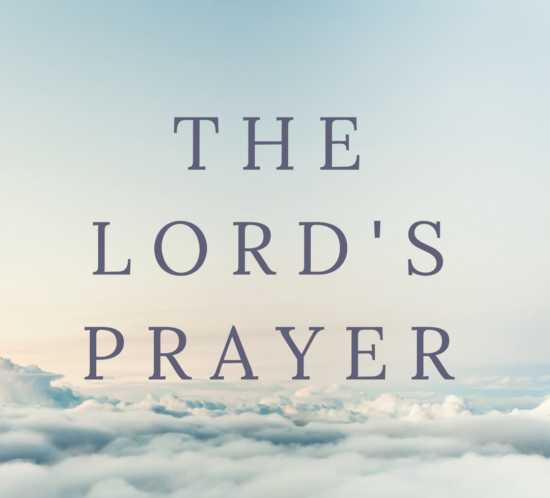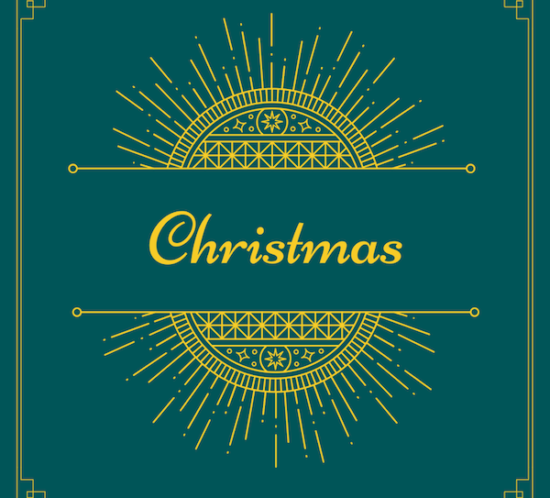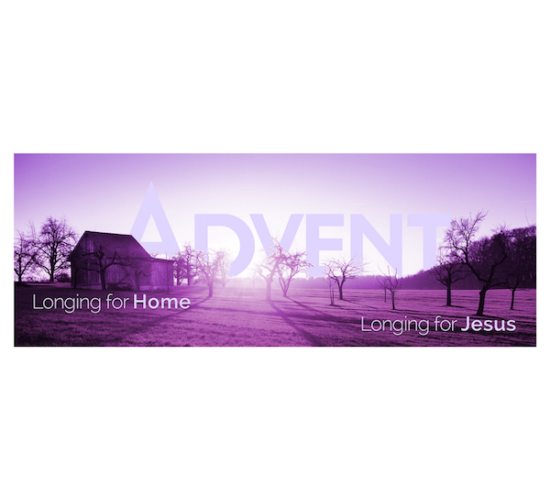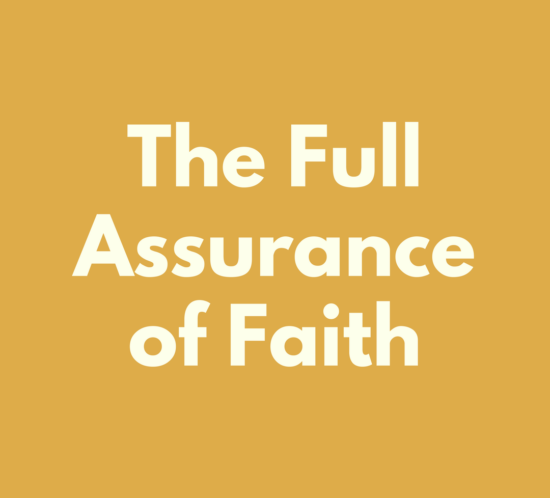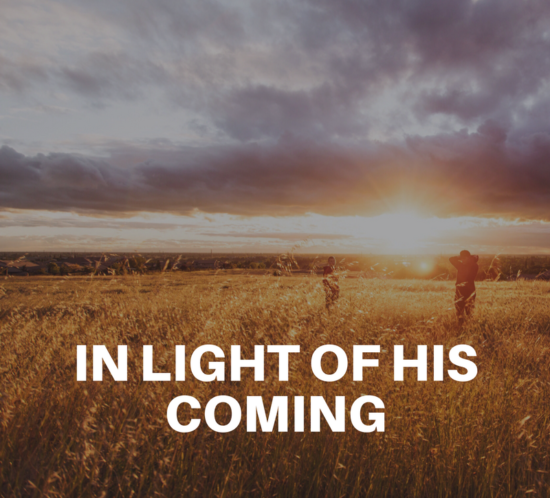Honor God Because Everything Matters
Bible Text: Ecclesiastes 12:9-14 | Preacher: Roy Bennett | Series: Guest Preacher
Ecclesiastes 12:9-14
[9] Besides being wise, the Preacher also taught the people knowledge, weighing and studying and arranging many proverbs with great care. [10] The Preacher sought to find words of delight, and uprightly he wrote words of truth.
[11] The words of the wise are like goads, and like nails firmly fixed are the collected sayings; they are given by one Shepherd. [12] My son, beware of anything beyond these. Of making many books there is no end, and much study is a weariness of the flesh.
[13] The end of the matter; all has been heard. Fear God and keep his commandments, for this is the whole duty of man. [14] For God will bring every deed into judgment, with every secret thing, whether good or evil.

